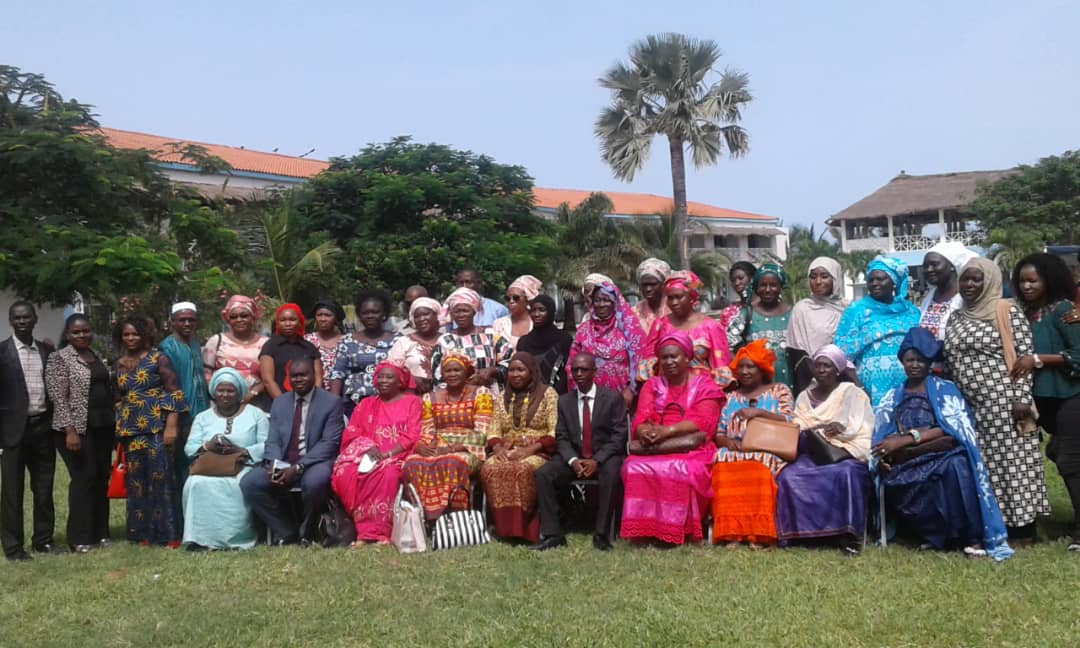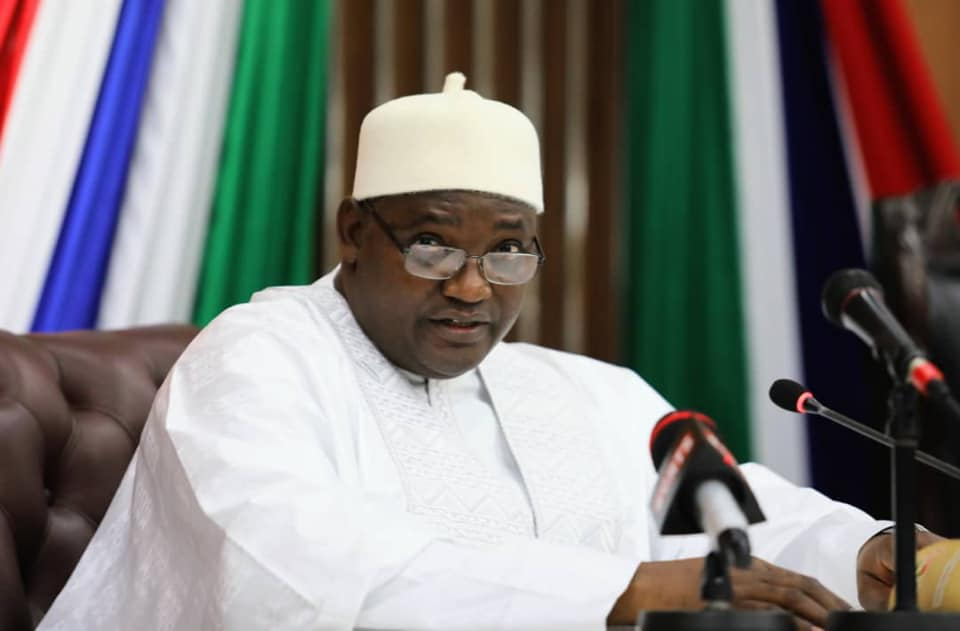A survey done by Afrobarometer has showed that 61% of Gambians say corruption is on the rise and the government is not doing enough to combat it.
“A substantial number of Gambians also report having to pay bribes to obtain public services, and only half believe they can report corruption to the authorities without fear of retaliation. An anti-corruption bill introduced in the National Assembly in December 2019 is yet to be passed, and the Gambia has no anti-corruption commission despite being a signatory to numerous conventions, including the African Union Convention on Preventing and Combating Corruption.
“The 2020 Corruption Perceptions Index ranked the Gambia 102nd, or more corrupt than 101 out of 179 countries. Key findings: Six in 10 Gambians (61%) say the overall level of corruption in the country increased “somewhat” or “a lot” during the past year, almost double the proportion recorded in 2018 (32%) (Figure 1). Three-fourths (76%) of citizens say the government is not doing a good job of fighting corruption, a 39-percentage-point increase compared to 2018 (37%) (Figure 2),” the survey said.
It added: “More than four in 10 Gambians say “most” or “all” officials in the police (48%) and the president’s office (42%) are corrupt. Public perceptions of corruption among key public officials increased sharply except with regard to religious leaders (Figure 3). Among respondents who had contact with key public services during the previous year, substantial proportions say they had to pay bribes to get police assistance (36%), avoid problems with the police (16%), or obtain identity documents (21%), medical care (12%), or public-school services (9%) (Figure 4).
“Only half (49%) of Gambians say ordinary people can report incidents of corruption to authorities without fear of retaliation of other negative consequences, a 9-percentage-point drop since 2018 (Figure 5).
Afrobarometer surveys is a pan-African, nonpartisan survey research network that provides reliable data on Africans’ experiences and evaluations of democracy, governance, and quality of life. Seven rounds of surveys were completed in up to 38 countries between 1999 and 2018.”
“Round 8 surveys (2019/2021) cover 34 countries. Afrobarometer conducts face-to-face interviews in the language of the respondent’s choice with nationally representative samples. The Afrobarometer team in The Gambia, led by the Center for Policy, Research and Strategic Studies (CepRass), interviewed 1,200 adult Gambians between 30 January and 23 February 2021,” it concluded.




